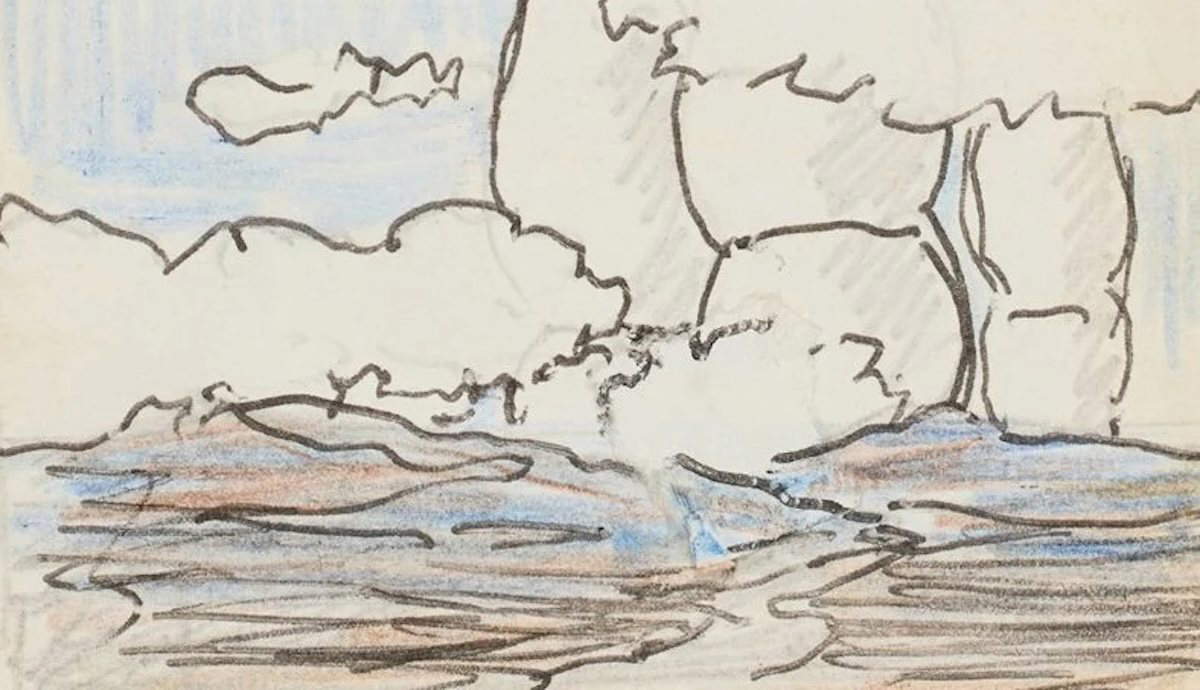
Abu Dhabi’s Department of Culture and Tourism (DCT Abu Dhabi) announced that the first major Iron Age necropolis in the United Arab Emirates has been unearthed in the Al Ain region of Abu Dhabi. According to archaeologists, the discovery offers rare insights into the region’s social, cultural, and economic history.
3,000-Year-Old Necropolis Contains Over 100 Tombs

The necropolis was discovered as part of the Funerary Landscapes of Al Ain Project, which began in 2024 after prehistoric tombs were identified during construction work. Known as the “Garden City” for its palm groves and natural springs, Al Ain is a city in the Emirate of Abu Dhabi. It was named a UNESCO World Heritage Site in 2011, as humans have occupied the region since prehistoric times. Over the past several decades, archaeologists have unearthed Iron Age villages, forts, temples, aqueducts, and gardens in Al Ain. Until now, the region’s burial customs during this period were largely unknown.
With over one hundred ancient tombs, the necropolis “promises to transform our understanding of the ancient Emirates,” said Jaber Saleh Al Merri, director of the historic environment department at DCT Abu Dhabi. He explained, “For years, the Iron Age burial traditions remained a mystery, but now we have tangible evidence that brings us closer to the people who lived here 3,000 years ago. It reinforces our efforts to preserve, promote, and protect Abu Dhabi’s heritage for future generations.”
Abu Dhabi Necropolis Contains Human Remains and Grave Goods

Archaeologists from DCT Abu Dhabi’s historic enviornment department noted that several of the tombs at the necropolis had been looted centuries ago. However, they still found a wide variety of high-quality grave goods at the site. Among these are small pieces of gold jewelry, shell cosmetic containers, bead necklaces, bracelets, rings, razors, drinking sets, bowls, and small cups. Archaeologists also found copper-alloy weaponry, including spearheads and arrowheads.
Human remains were also identified at the necropolis. They will be analyzed to confirm the age, gender, and health of the ancient people buried there. Their DNA may also provide new insights into familial relationships and migration patterns in the Al Ain region during the Iron Age.
“We know how people in the Bronze Age and Late Pre-Islamic Period buried their dead, but the Iron Age has always been a missing part of the puzzle,” said field archaeologist Tatiana Valente. “We are now in a position to understand the evolution of burial customs over time and learn what these changes might say about the beliefs and traditions of the people who lived here.”







